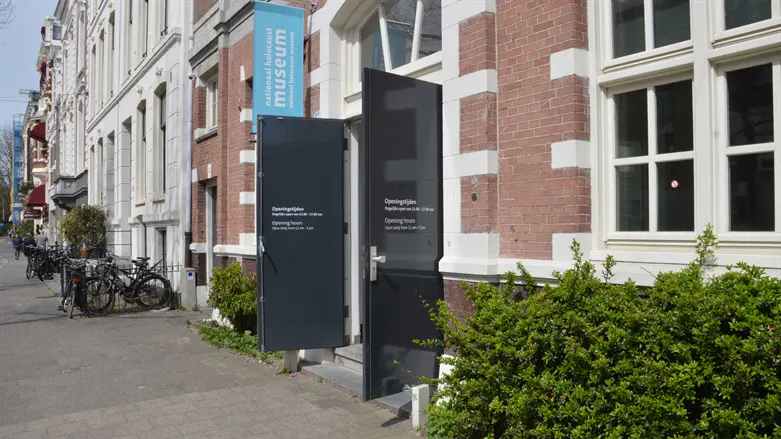
A priceless Kadinsky painting is to be returned by a Dutch museum to the heirs of the German Jewish family who had the painting stolen from them during the Holocaust.
According to Dutch News, the Netherlands’ Restitutions Committee in the Hague announced that the masterpiece, ‘View of Murnau with church’, will be restituted to the heirs of Johanna Margarethe Stern-Lippmann.
The heirs, who lives in the Netherlands, Belgium and the United States, have been attempting for seven years to have the painting returned after their initial attempt was blocked.
The Restitutions Committee explained that its change of heart was based on “new facts” being presented based on correspondence and a list of paintings that ‘were not known to the committee before’ when it made its original ruling in January 2018.
“We are thrilled that the Kandinsky has been returned to us,” the family said in a joint statement. “The painting used to have a prominent position hanging in our (great) grand-parents’ house and represents much of our family’s story. Its coming back to us now marks an important moment – it won’t bring back the nine immediate family members who were so tragically murdered – but it’s an acknowledgment of the injustice that we, and so many like us, have endured.”
The family’s initial attempt at reclaiming the artwork was rejected by the Restitutions Committee after it ruled that the evidence that the family had owned the painting was not even to prove how it had ended up in the possession of Hague art dealer Karl Alexander Legat, who according to the report has appeared on a list of those named as dealing in looted art. Legat sold the painting to the Eindhoven museum in 1951, claiming that it had belonged to someone named “A. Kaufmann.”
After submitting a “review request,” the committee ruled in favour of the family, noting that it was basing its judgement on the assumption that art lost by Jews during the Holocaust was all looted or stolen or sold under duress.
“Three indications emerged from the investigation that make the loss of possession during the war plausible,” the committee said. “Margarethe Stern-Lippmann was Jewish and therefore, on the grounds of the assessment framework approved by the government, the loss of possession was involuntary, unless there is express evidence to the contrary. The latter is not the case and the fate of Margarethe and her art collection is clear.”
